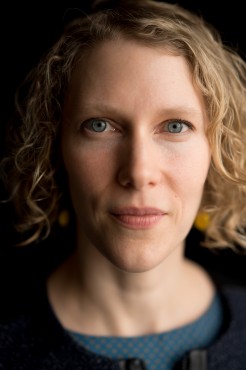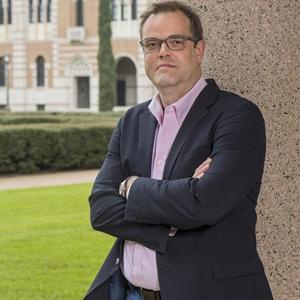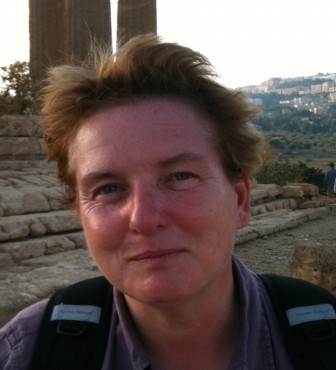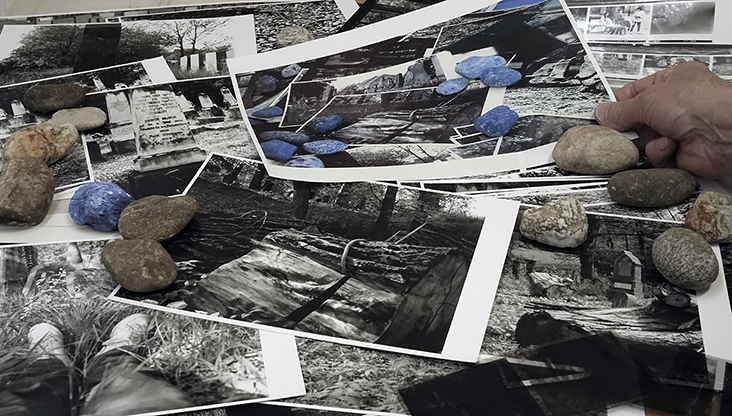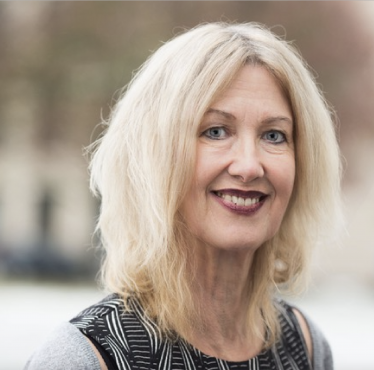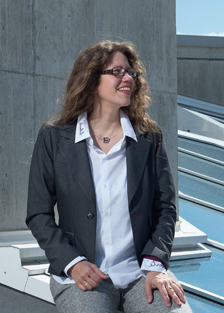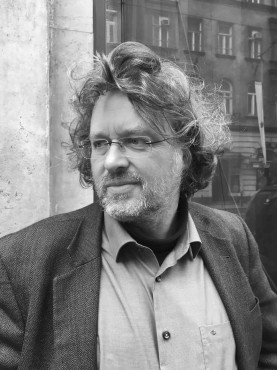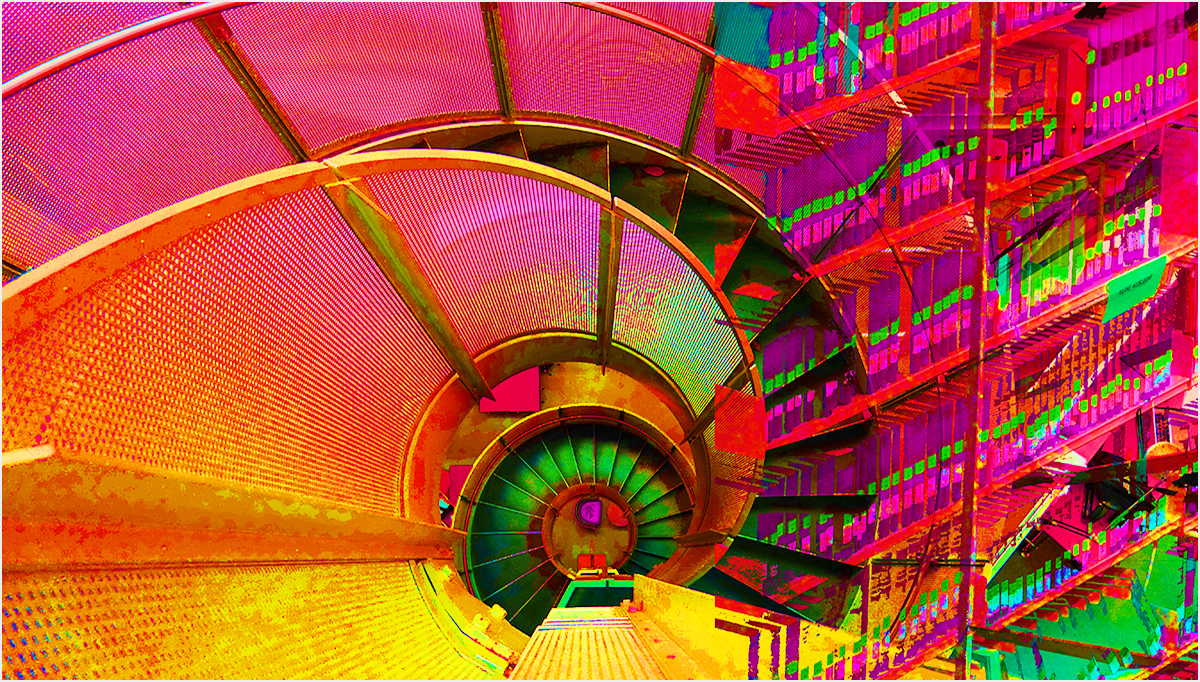New Materialism and/as Political Theory
The lecture will probe the relationship between “new materialism” and political theory, asking whether new materialism can justifiably be regarded as political theory.
While the current “material turn” in the humanities and some of the social sciences can take many forms in different disciplines, from literary theory and gender studies to sociology and law, the theoretical framework of this “material turn” rests on a number of ontological claims about matter, objecthood, life, agency, and the status of the non-human that are central to what is commonly described as “new materialism.” These ontological claims—as they come to the fore in “agential realism,” “speculative realism,” “object-oriented ontology,” “posthumanism,” or “vital materialism”—almost always entail specific ethical or substantive political commitments to egalitarian principles of justice, to radical democracy, and to a strong environmentalism. The emergence of new materialism, then, is also a direct response to some of the most obvious political and social issues of the present from social inequality and political disenfranchisement to racism and climate change. Although new materialism, broadly speaking, is not a homogeneous theoretical movement, the work of Bruno Latour, Timothy Morton, Karen Barad, Rosi Braidotti, or Jane Bennett, among others, provide obvious examples for these ethical and political commitments. The latter seek to correct the primacy of the human, and of normative reason, as it has been central to modern political thought since the Enlightenment by extending the “social” to include non-human actors and actants. New materialism’s attempt to de-emphasize the human, and thus human subjectivity, paradoxically includes an emancipatory project for the human world that surprisingly overlaps with central positions in contemporary critical theory (e.g. Rainer Forst, Axel Honneth, Nancy Fraser).
On the one hand, contemporary political theory, rooted in a specific understanding of human subjectivity and reason, will do well in reflecting on the material conditions for the possibility of justice, power, equality, and democracy, for instance, by extending its conception of the social. On the other hand, new materialism’s emphasis on the non-human is grounded in a flat ontology that resists the ethical and political positions it ostensibly seeks to advance. It is precisely because of this flat ontology that new materialism cannot show why, or how, its ethical and political demands should be more normatively binding, or more legitimate, than any other ethical or political claims. Perhaps, then, new materialism fails as political theory, even though it is able to enrich the perspective of political theory.
Mandatory reading (available here):
- Bennett, Jane. Vibrant Matter: A Political Ecology of Things. Durham: Duke University Press, 2010.
- Coole, Diana, and Samantha Frost. “Introducing the New Materialisms.” In New Materialisms: Ontology, Agency, and Politics, edited by Diana Coole and Samantha Frost, 1–43. Durham, NC: Duke University Press, 2013.
- Emden, Christian J. “Normativity Matters: Philosophical Naturalism and Political Theory.” In The New Politics of Materialism: History, Philosophy, Science, edited by Sarah Ellenzweig and John H. Zammito, 270–300. London/New York: Routledge/Taylor & Francis Group, 2017.


